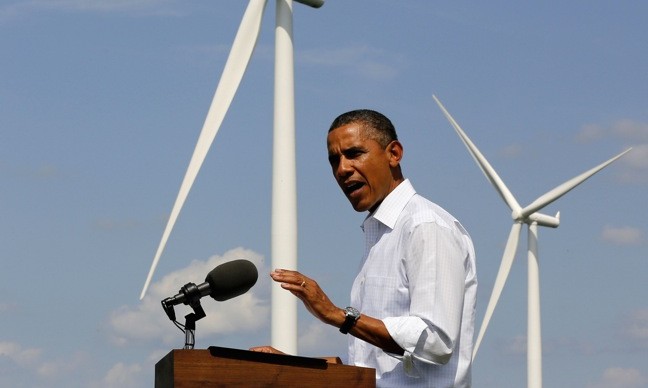The past week has seen the world’s attention turn to Paris, and on Paris its focus will remain as leaders from all over the globe gather there in spite of recent security concerns for the United Nations Convention on Climate Change on November 30.
Pressure has mounted on the United Nations to demonstrate that it can foster international cooperation to address climate change after the disastrous 2009 climate summit in Copenhagen. Perhaps the only tangible achievement of that summit was an agreement to restrict the Earth’s warming to two degrees Celsius – a target we are fast approaching.
Despite pessimism about the international community’s potential to find common ground on climate change, there are signs that the summit could produce a substantive and binding agreement. In November 2014, President Xi Jinping, alongside President Obama, set a deadline of 2030 for Chinese emissions to stop rising and announced significant investments in alternative energy. The willingness of the world’s largest polluter to act on climate change is a sign that a deal is possible.
Fresh off his victory on the Iran deal, President Obama is eager to add another signature achievement to his legacy but knows he will never get two-thirds of the Republican-controlled Senate to support a binding treaty. He also knows that if he cannot guarantee U.S. compliance, any agreement reached will be condemned to the irrelevancy of the Kyoto Protocol. He will have to walk a negotiating tightrope, convincing wary allies that even as his term comes to a close, the U.S. will continue to adhere to the agreement, regardless of the outcome of the 2016 presidential election.
Much of this international wariness stems from the uncertain fate of the EPA’s Clean Power Plan – a set of regulations aimed at reducing emissions from power plants. Twenty-four states have sued over the rule, claiming that the imposition of such significant regulations without congressional approval is illegal.
As President Obama’s environmental legacy remains uncertain, congressional Democrats and Republicans have engaged in a war of words about the future of any deal in the United States. While Republicans make the case that no agreement can survive a Republican Congress or what they are confident will soon be a Republican White House, Democrats are seeking to reassure European leaders that the U.S. will respect the terms of any agreement. Even so, public disagreements among Western nations about the nature of the deal have emerged. Secretary of State Kerry has said it will be not be a treaty – it won’t have to be ratified in the Senate – while European officials have stated that any agreement must be binding.
Despite concerns about the plausibility of emerging from a UN conference with a substantial climate deal and then defending that deal before the Republican majority in Congress, we must remember that the team of President Obama and Secretary of State Kerry succeeded against similar odds with the Iran negotiations. The challenges ahead are significant, but there is still reason to hope that a deal will be reached.

